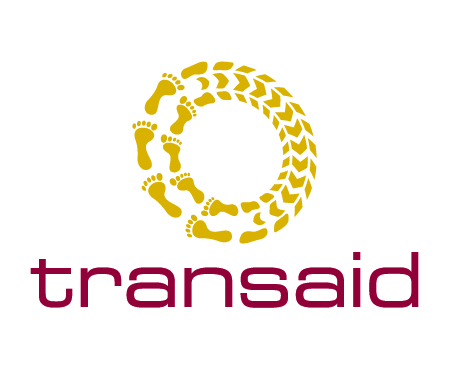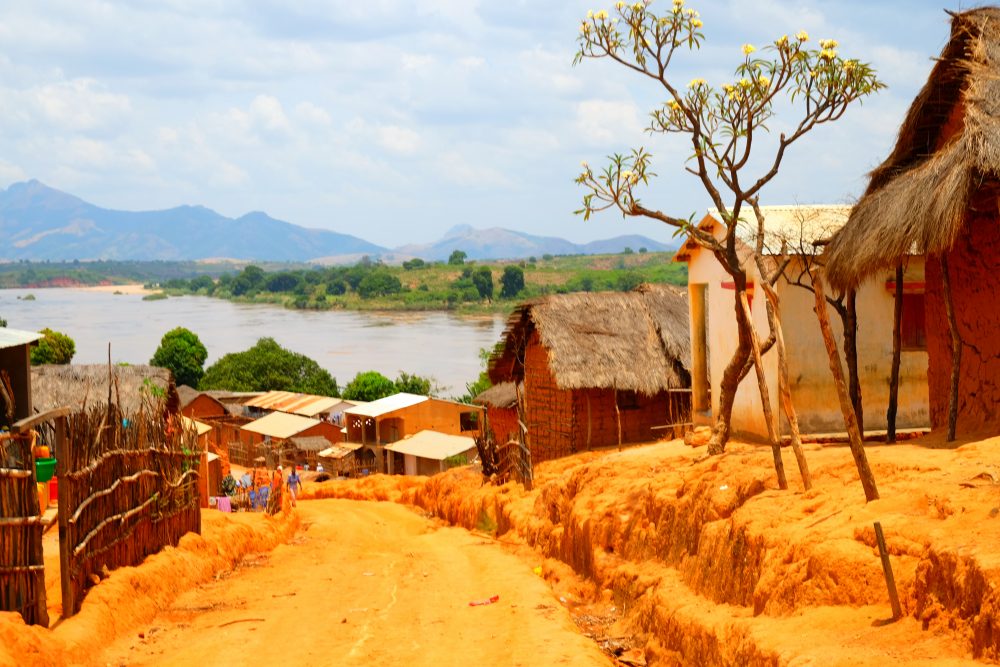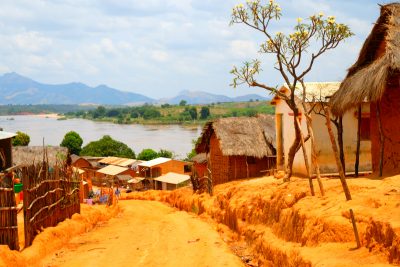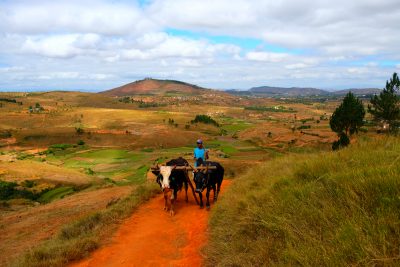More than 100,000 emergency transfers were made to rural health facilities over a five-year period in Madagascar, according to data compiled from one of Transaid’s longest-running access to healthcare initiatives, focused on maternal and child health.
Publication of the figures follows the conclusion of a USAID-funded project, known locally as MAHEFA Miaraka, led by JSI Research & Training Institute, Inc., and in partnership with others including Transaid, local NGOs and in close collaboration with the Ministry of Public Health.
Working in areas of the country where the availability of transport is often low, and where difficult terrain and seasonal rainfall often limit access by motorised vehicles, Transaid supported communities to integrate locally available modes of transport to connect themselves to primary healthcare facilities or referral hospitals.
This work contributed to 106,851 transfers to health facilities taking place during the project, utilising taxi cooperatives with minibuses and motorised three-wheelers, ox carts, rickshaws, bicycle ambulances, stretchers and even canoe ambulances, amongst other forms of emergency evacuation.
Caroline Barber, Chief Executive of Transaid, says: “Delays in seeking access to quality care are a key contributor to maternal and under-five mortality, with inadequate access to transport being a major cause. This project set out to address that, working in some of the hardest to reach parts of Madagascar, where we saw the number of patients accessing the scheme grow consistently year-on-year.”
Forty-four per cent of the communities Transaid helped were inaccessible by car or truck for at least four months of the year, and 20 per cent for almost half of the year. This made it an incredibly complex project to manage, requiring a blend of community-managed forms of transport, taxi drivers trained in emergency transport systems, plus evacuation plans developed with communities and village leaders.
Barber adds: “The communities we were supporting have spoken highly of the improved access to healthcare in emergencies, especially the means to travel at night, when there are generally far fewer transport options available.”
Transaid’s role within the project also included the setting up of several ‘enterprise box’ (eBox) initiatives, which aimed to improve community health volunteer mobility and increase motivation and retention through the provision of bicycles and income generation which also contributed financially to local health insurance schemes.
Five eBoxes were established, each becoming a bicycle sale and repair micro-enterprise managed by registered cooperatives to help meet some of the transportation needs of the local population. At the end of the project, four of the eBoxes were considered independently operational, leaving a lasting enterprise which can continue supporting the local community.
The completion of the project, Transaid’s second in Madagascar in succession, draws to a close a decade of work within the country – and one of the organisation’s longest running and most successful projects to-date.
For more information and to find out how you can support the organisation visit www.transaid.org.
ends
Note to Editor:
About Transaid
Transaid transforms lives through safe, available, and sustainable transport. Founded by Save the Children, The Chartered Institute of Logistics and Transport (CILT), and its Patron, HRH The Princess Royal, the international development organisation works with communities, partners, and governments to solve transport challenges throughout sub-Saharan Africa.
Transaid works in two core areas, road safety and access to health, to solve two of the biggest transport challenges in sub-Saharan Africa. Transaid’s road safety work focuses on influencing safe driver behaviour with long term programmes in Ghana, Tanzania, Uganda and Zambia, responding to local needs for improved training for drivers and riders of trucks, buses, motorcycles and forklift trucks. On the access to health side, Transaid is working with local partners and communities to strengthen access to health services, primarily in rural areas. They are also working to strengthen health supply chains in collaboration with local partners and governments.
Transaid enjoys strong backing from the transport and logistics industry and the active involvement of its patron, HRH The Princess Royal.
For further press information:
Florence Bearman at Transaid +44 (0)20 7387 8136
James Keeler at Garnett Keeler +44 (0)20 8647 4467, or by email to james.keeler@garnettkeeler.com
TRAN/394/22





